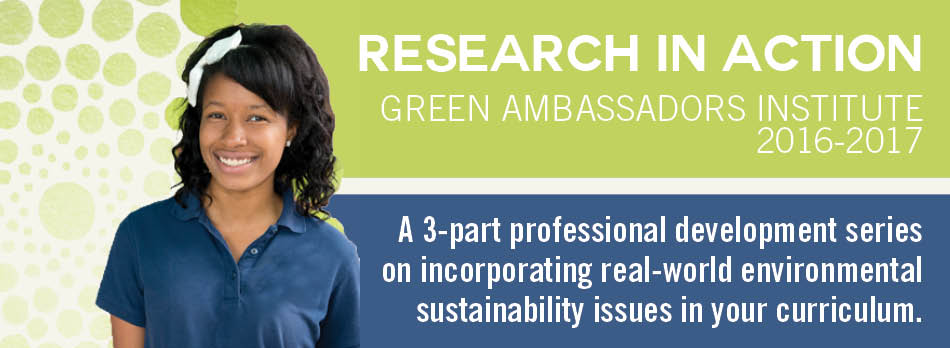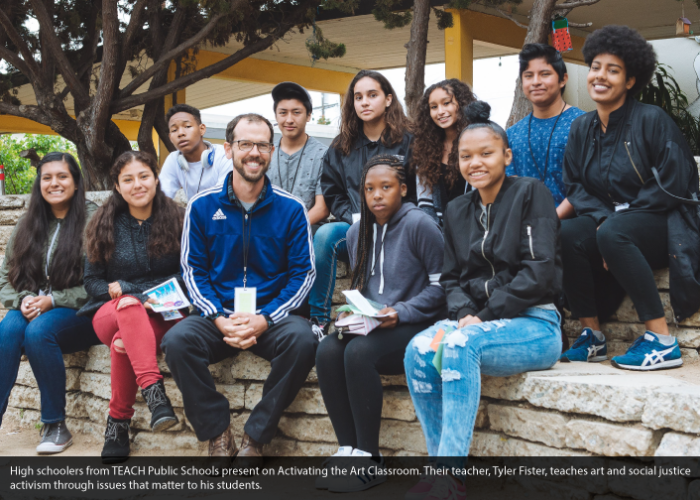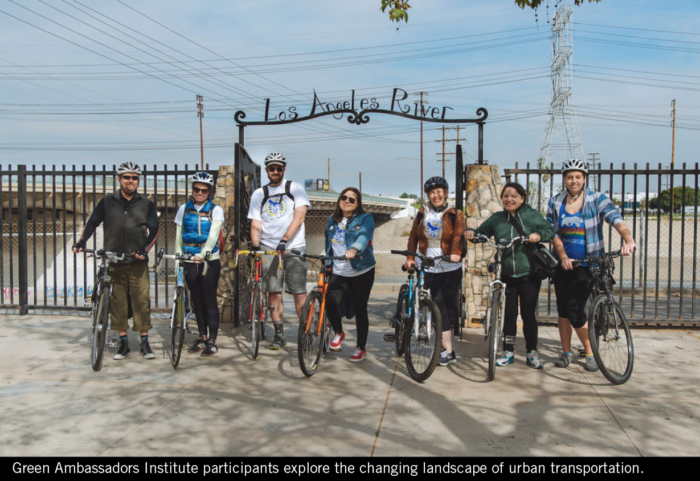
—
Watch the Keynote Speakers
ROSSMERY ZAYAS
Rossmery Zayas became involved with grassroots organizing for environmental and social justice at a very young age. She started organizing with the youth division of Communities for a Better Environment, Youth for Environmental Justice, when she was 14 years old. As an environmental justice advocate, Rossmery works on local, regional, and statewide campaigns out of Southern California. She has worked on several campaigns to push out toxic facilities and practices that go on in her community including the recent shutdown of Exide Technologies (one of the world’s largest producers and distributors of batteries) and challenging the expansion of the 1-710 freeway. Now, she is a student studying Communications with a focus on Social Change and Rhetoric in Los Angeles.
FLORIDALMA BOJ LOPEZ
Floridalma is Maya K’iche’ and traces her family’s migration from Quetzaltenango (Xela), to Guatemala City and South Central Los Angeles. She is currently a doctoral candidate in American Studies and Ethnicity at the University of Southern California and member of the Marina Pando Social Justice Research Collaborative. She shared at the 2016-17 Green Ambassadors Institute how educators and students can engage in relevant community-based research to inform youth-led environmental action.
DR. ERIC STRAUSS
Eric Strauss is a Professor of Biology and Executive Director of the Center for Urban Resilience (CURes) at Loyola Marymount University. He presented “Engaging Global Science Issues at the Hyperlocal Level: Your School as a Living Laboratory” at the 2016-17 Green Ambassadors Institute. Urban ecology is the study of the built environment and how organisms interact with it, change it, and adapt to it. Research is a powerful tool to engage students in the real-world environmental issues children care about. Students can “do†real science and develop data and tools that can be used to change their world. Hear a few examples and learn some tools that you can use in your own classroom.




